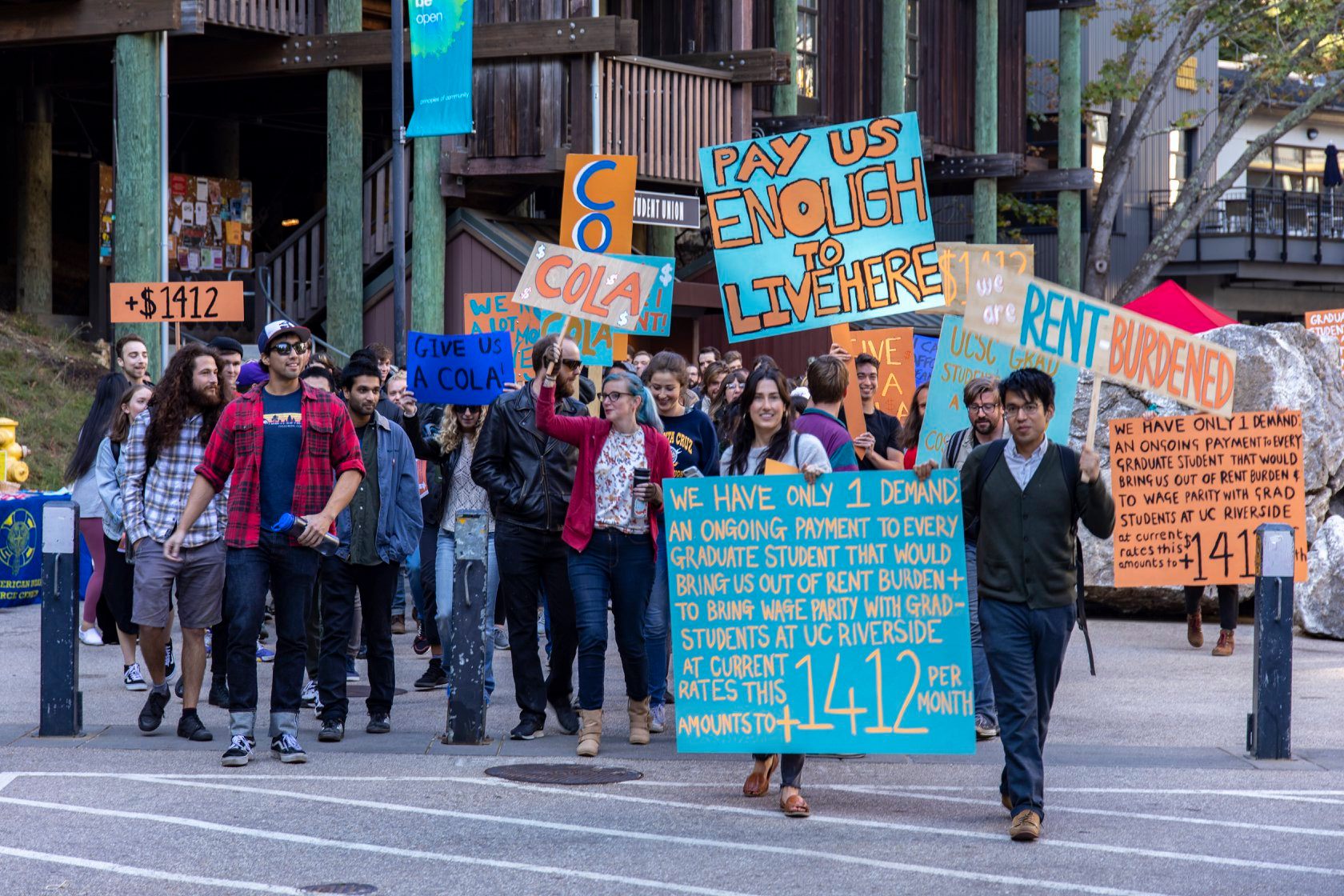New directions: school finance
When the pandemic started my partner was eight months pregnant. I needed something to distract myself from the anxiety of having a child in a crisis.
I’d wanted to have a better handle on finance in general, but particularly as part of my research on school funding and socialism.
So I started inhaling business, market, finance, and economic news during the crisis. I made a list of websites tracking business and economic news (so far Trading Economics is the best site I’ve found). I got a subscription to Bloomberg. I even found a way to access Bloomberg terminals at my campus (which I couldn’t because of the virus). I worked my way through some modules of CORE-Econ. I read a great marxist history of the Federal Reserve and Skidelsky’s Keynes biography before going to sleep.
Podcasts ended up being the best. I could clean the house, walk the dog, cook meals, and change diapers/feed Thisbe and hear about exchange-traded funds, the relative importance and weakness of sentiment indexes, and currency swaps.
The best capitalist economic news podcasts are Econoday Unplugged, Odd Lots, BloombergMarkets P&L, and Squawk on the Street. For left-wing content, Money on the Left and Working People were the best I could find. Unfortunately I didn’t find a good socialist economic news podcast.
To keep notes I started this newsletter. I learn better when I write. I also wanted to fill the void of compelling socialist business reporting, but I’m no reporter.
During that little detour in finance Thisbe was born and I’ve since slowed down on socialist finance writing. I also think I got to saturation point. I still listen to Jim Kramer croaking away and watch real-time graphs of stocks, bonds, and currencies. It’s sort of addictive.
But I’d like to start applying my new beginner’s knowledge to school funding. Certainly knowing what’s happening in capitalism is important for knowing what schools will have to respond to. But my overall project is to outline what a socialist approach to school funding looks like. Over the last few years I’ve been studying the theory, politics, government, law, and history of school funding (focusing on eastern Pennsylvania). Now I can study the finance part.
I’ve become interested in bond markets specifically, the ‘munis’ where wealthy anonymous investors can make ‘fixed income investments’ that end up becoming the ways that school districts finance their budgets year to year. Property taxes are actually how districts refund the loans they take out when they issue bonds, which are managed by big private banks and investment firms. (I’ve called this the ‘cycle of bondage’, most recently in Nikil Saval’s education funding platform.)
But that’s the dominant regime. I want to study alternatives to school finance and funding to make socialist policy suggestions. At first I was excited about regional tax sharing programs like the Twin Cities and Vermont use to redistribute surpluses between municipalities.
More recently I’ve connected with Modern Monetary researchers applying MMT to local and municipal finance. There’s an exciting conversation going on about creating sovereign currencies at the local level to combat austerity by using a social provisioning approach, specifically when it comes to university budgets.
Thanks to a very engaging thread on twitter (h/t Nathan Tankus and Scott Ferguson), I’ve compiled a reading list for the MMT provisioning approach. I’m hoping to dig into that content and start transitioning this newsletter to a focus on school funding from a socialist perspective, starting with the MMT line. My list of links for the project is below if you’re interested.
So thanks for tuning in! From now on, stuff coming from here will be more focused on school finance.
Reading List for MMT Approach to School Funding

Scott Ferguson, Benjamin Wilson, William Saas, Maxximilian Seijo — Overcoming COVID-19 Requires Rethinking University Finance | boundary 2
This essay is a part of the COVID-19 dossier, edited by the b2o editorial staff. By Scott Ferguson, Benjamin Wilson, William Saas, and Maxximilian Seijo As an interminable spring gave way to an uncertain summer, the stewards of higher education at last stepped up efforts to mitigate the financial fallout from the COVID-19 health emergency. As…
https://www.huffpost.com/entry/the-umkc-buckaroo-a-curre_b_970447
http://neweconomicperspectives.org/2012/07/denison-volunteer-dollars-the-currency-of-civic-engagement.html
https://prezi.com/bhibxs1xfwbj/community-currencies-a-general-view/
https://journals.sagepub.com/doi/abs/10.1177/0269094214553174
https://www.yesmagazine.org/economy/2015/03/13/alternative-currencies-bigger-than-bitcoin-bangla-pesa-brixton
https://link.springer.com/chapter/10.1007/978-3-319-66376-0_7
https://digitalcommons.law.wne.edu/lawreview/vol41/iss3/4/
https://nathantankus.substack.com/p/stanch-the-bleeding-from-local-and
https://podcasts.apple.com/us/podcast/scott-ferguson-and-benjamin-wilson-on-mlf/id1338284944?i=1000485120688
https://nathantankus.substack.com/p/responding-to-the-university-budget